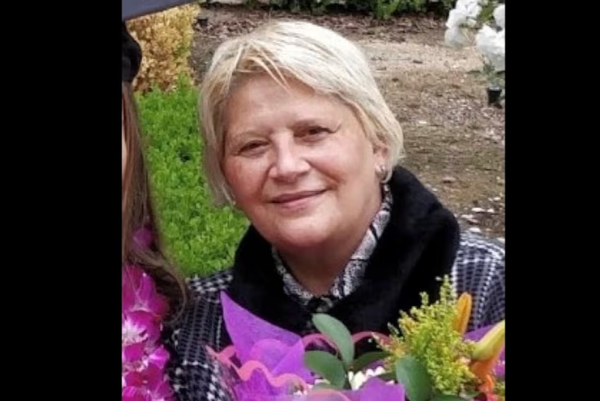
Cambodia’s prime minister Hun Sen almost sounded like a measured and reasonable national leader when he censured the Myanmar junta for the recent execution of four opposition activists, saying the killings “deeply disappointed and disturbed” members of the Association of Southeast Asian Nations (ASEAN).
The executions went ahead, Hun Sen said last week, “despite the appeals from me and others for the death sentences to be reconsidered for the sake of political dialogue, peace and reconciliation”.
These words may even give pause to the Myanmar military and its thirst for carnage: Asia knows that Hun Sen takes immense care to stay on the right side of China, so the condemnation will be seen to have de facto approval from Beijing, one of Myanmar’s few remaining friends.
It’s unlikely Cambodia’s prime minister is actually concerned about peace or reconciliation. The thuggish one-time Khmer Rouge cadre has been responsible for decades of politically motivated repression, extra-judicial killings, and draconian restrictions on civil liberties while enriching himself, his family and his cronies.
He has ruled Cambodia since 1985, jailing opposition politicians, crushing dissent and smoothing the way for his son Hun Manet to take over in the coming years, ensuring the future of the house of Hun.
Sam Rainsy, one-time leader of the Cambodian National Rescue Party (CNRP), once the main Cambodian opposition party, wrote in Nikkei Asia last week that the ASEAN bloc, currently led by Cambodia, had failed the people of Myanmar: “Behind ASEAN’s impotence is Cambodian leader Hun Sen, the broker of dictatorship in the region, its spokesman, its longest-serving practitioner, its teacher and trusted guide.”
This “trusted guide” to the advantages of tyranny has shown the worst autocrats of the world how best to cow domestic rivals while maintaining seemingly civil dialogue with international democracies. In June a Cambodian court convicted at least 51 opposition politicians and activists from the CNRP of the unsubstantiated crimes of “incitement” and “conspiracy”.
The CNRP was dissolved by court order before the 2018 elections. More than half the defendants convicted in June were sentenced to years-long prison sentences; many had already fled and were living in exile, convicted in absentia. A number of political activists have been caught: according to Human Rights Watch, more than 60 political prisoners are languishing in Cambodian jails.
“Hun Sen’s preferred method of operating historically has been to intimidate, exile or kill domestic opponents while making carefully timed minor concessions on democracy and human rights to stifle the response of the international community,” wrote Rainsy, now living in exile in Paris. “This comfort zone, in which the world is invited to believe that gradual progress is taking place in Cambodia, has now disappeared.”
Cambodian media fare almost as badly as opposition politicians. Last week the UN Human Rights Office released a report that found Cambodian journalists had in recent years been increasingly subjected to surveillance, pressure, harassment and violence in line with the shrinking press freedom and civic space in the Asian nation.
“As Cambodia prepares to go to the polls again in 2022 and 2023, the country’s media is in a perilous state,” said the State of Press Freedom in Cambodia report. “Journalists working in the country today are facing various forms of harassment and pressure, most notably through the criminal justice system, for their work.”
US Secretary of State Antony Blinken also met Hun Sen last week and urged him to release political prisoners, respect human rights and democratic procedures, and come clean on the activities at Ream Naval Base on the Gulf of Thailand, where it’s thought China is building a secret naval facility.
Blinken tweeted that he and Hun Sen had had a “productive conversation”.







